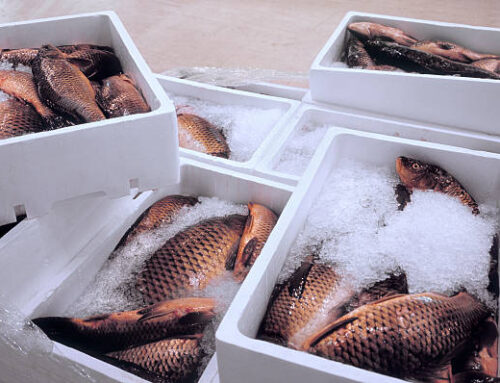 Phosphates are commonly used in the bakery industry to improve the texture, volume, and appearance of baked goods. There are several types of phosphates that are commonly used, including sodium acid pyrophosphate (SAPP), monocalcium phosphate (MCP), and dicalcium phosphate (DCP).
Phosphates are commonly used in the bakery industry to improve the texture, volume, and appearance of baked goods. There are several types of phosphates that are commonly used, including sodium acid pyrophosphate (SAPP), monocalcium phosphate (MCP), and dicalcium phosphate (DCP).
SAPP is one of the most commonly used phosphates in the bakery industry. It is a white powder that is water-soluble and has a slightly acidic taste. SAPP is used as a leavening agent in baking powder and can also be used to improve the texture and color of doughnuts, cakes, and other baked goods.
MCP is another popular phosphate used in the bakery industry. It is a white powder that is slightly acidic and water-soluble. MCP is used as a leavening agent in baking powder and can also be used to improve the texture and volume of bread and cakes.
DCP is a white powder that is insoluble in water. It is often used in conjunction with other leavening agents, such as SAPP and MCP, to enhance the texture and volume of bread and other baked goods.
Tricalcium phosphate (TCP) is a white powder that is insoluble in water. It is often used as an anti-caking agent to prevent clumping in dry mixes, such as cake mixes and pancake mixes.
Tetrasodium pyrophosphate (TSPP) is a white powder that is highly water-soluble. It is used as a leavening agent in some baked goods, such as biscuits and crackers, and can also be used to improve the texture of processed cheese.
 Sodium aluminum phosphate (SALP) is a type of SAPP that contains aluminum. It is used in some baking powders and can help to improve the texture and crumb structure of cakes and muffins.
Sodium aluminum phosphate (SALP) is a type of SAPP that contains aluminum. It is used in some baking powders and can help to improve the texture and crumb structure of cakes and muffins.
In addition to improving the texture and appearance of baked goods, phosphates are also used as preservatives to extend the shelf life of baked goods. They can help to prevent staleness and mold growth, which is important for manufacturers and retailers.




